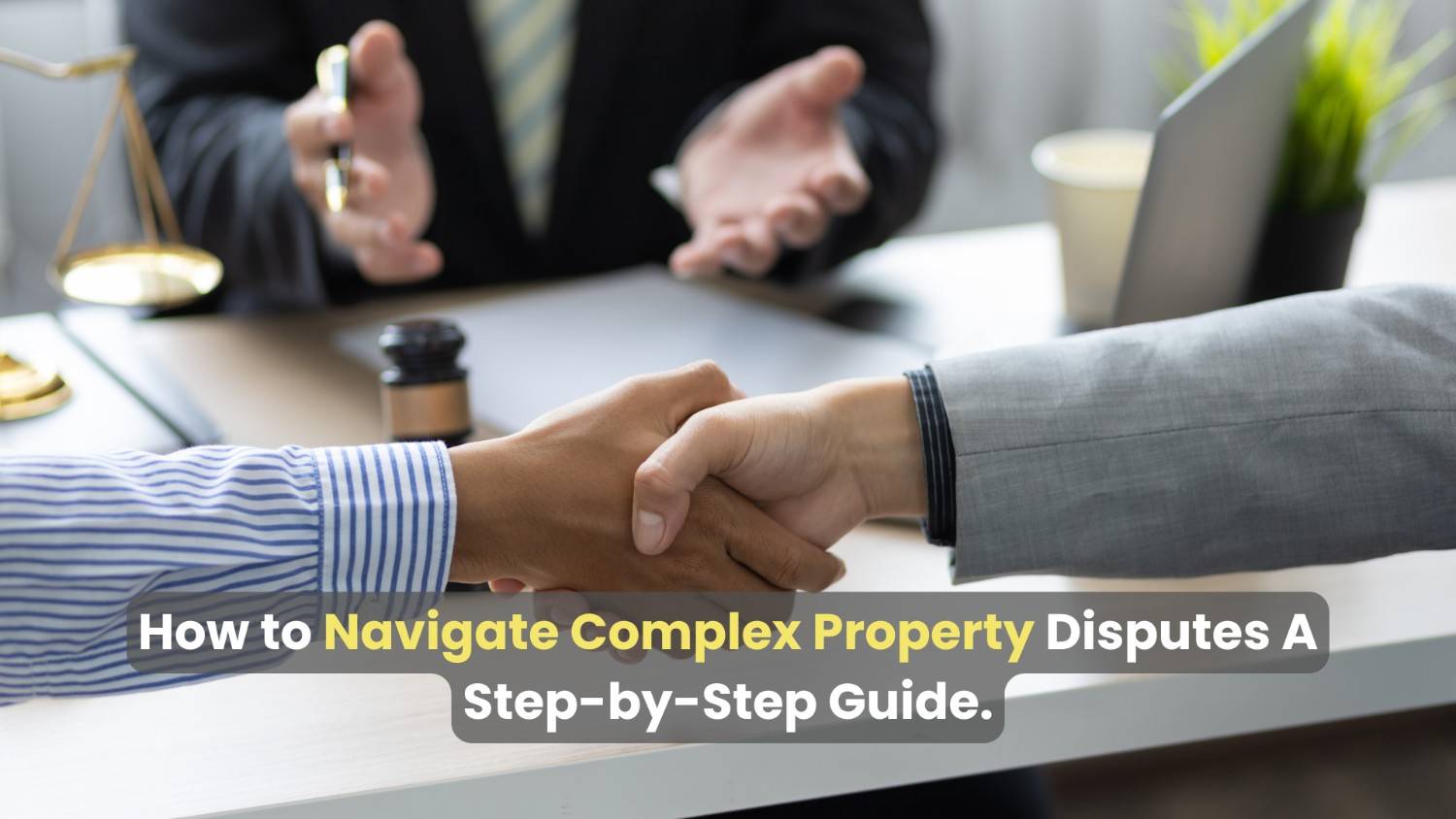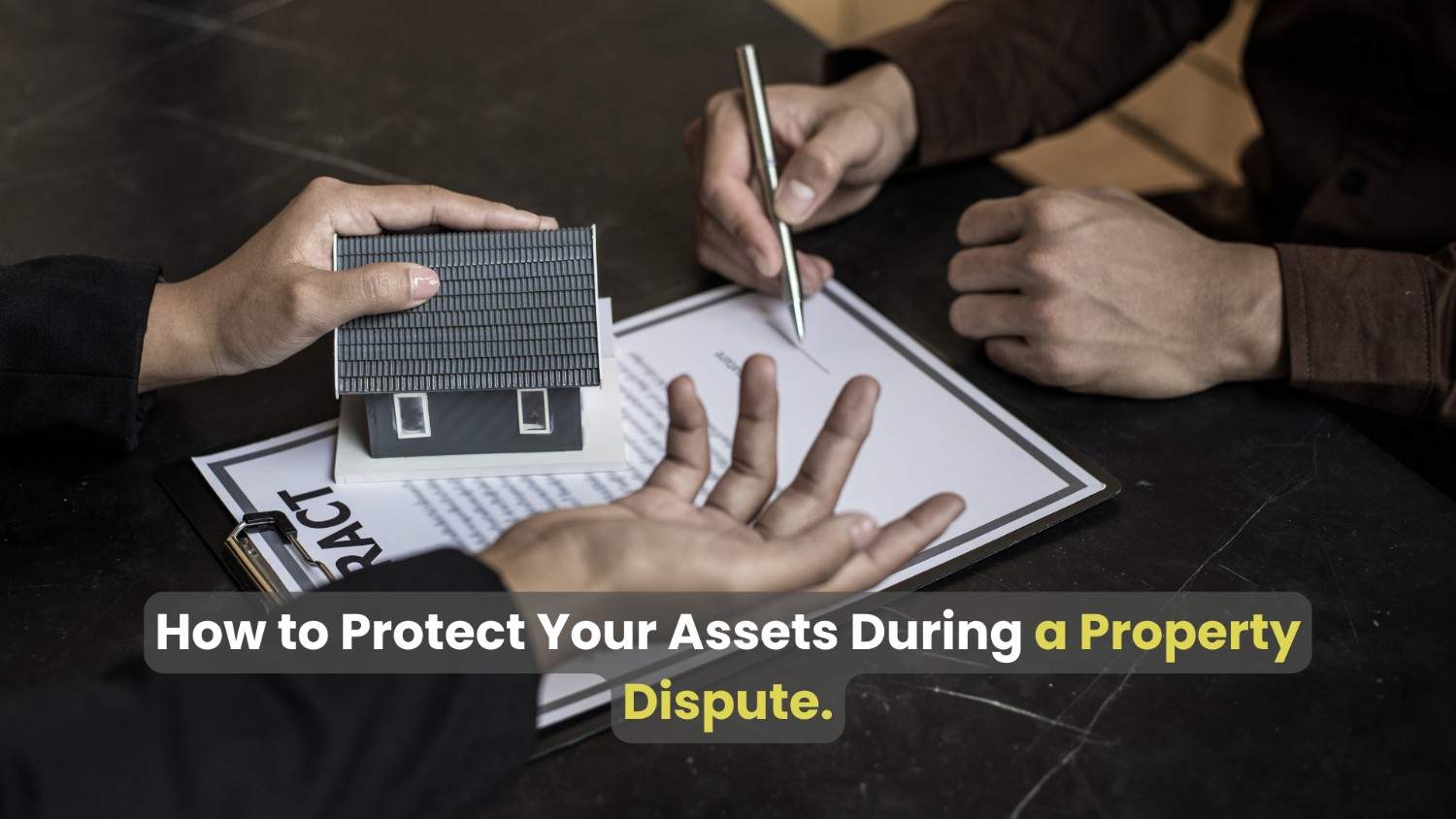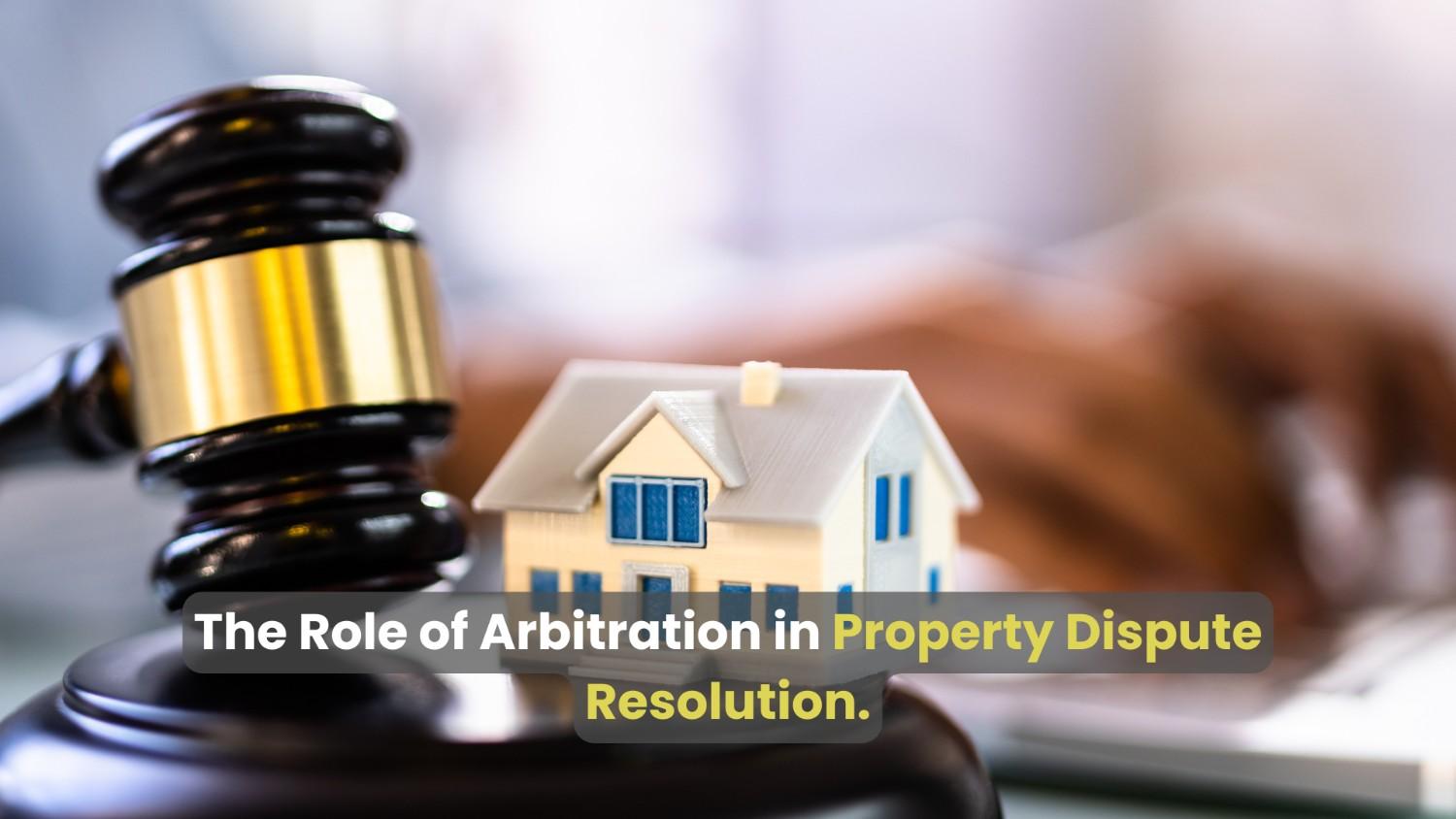· Dispute Resolution · 6 min read
How to Navigate Complex Property Disputes: A Step-by-Step Guide
Property disputes can be overwhelming, involving emotions and legal complexities. This step-by-step guide offers practical advice on resolving issues like boundary disagreements, ownership conflicts, and inheritance disputes efficiently while protecting your rights

Property disputes can be stressful and daunting, especially when emotions and legal complexities are involved. Whether it’s a boundary disagreement with a neighbor, a family inheritance issue, or a dispute over a business property, understanding the process to resolve these matters is key. In this guide, we’ll walk you through a step-by-step approach to handling property disputes effectively.
Navigating property disputes requires patience, persistence, and a clear understanding of legal rights. Property disputes can arise from a variety of situations—conflicts with neighbors, disagreements over property lines, and even family inheritance disputes. This guide provides a step-by-step approach to resolving these disputes efficiently and amicably.
Understanding Property Disputes
Property disputes are legal conflicts involving real estate or land, often arising due to overlapping ownership claims, unclear boundaries, or differing interpretations of a property’s title or usage rights. Understanding the specific type of dispute you’re facing is the first step toward finding an appropriate resolution.
Common Causes of Property Disputes
Boundary Disputes
Boundary issues are one of the most common property disputes. These disputes usually occur when property lines are unclear or when one property owner believes their neighbor has encroached onto their land.
Ownership Conflicts
Ownership disputes can arise when there is ambiguity or misunderstanding over the true owner of the property. These conflicts are frequent in joint ownership situations or where documentation is unclear.
Inheritance Disputes
Inheritance disputes often happen among family members who disagree on how property assets are divided, particularly if a will is unclear or contested.
The Importance of Documenting Property Ownership
Ensuring that your property ownership is properly documented is critical for protecting your rights. Documents like deeds, property titles, and contracts are essential in establishing ownership and resolving any conflicts. If your documentation is lacking or unclear, the legal process may be prolonged and complicated.
Step 1: Determine the Root Cause of the Dispute
The first step in resolving a property dispute is identifying the primary cause. By pinpointing the specific issue—whether it’s a boundary line, title conflict, or inheritance issue—you’ll be better positioned to address the problem directly and pursue an effective solution.
Step 2: Gather All Relevant Documentation
Gathering the right documentation is essential for building a solid case. Here’s a quick list of documents that may be needed:
Deeds and Titles: These documents establish ownership and are crucial for any legal proceedings.
Property Survey Documents: A property survey can clarify boundary lines, which can be helpful in boundary disputes.
Contracts and Agreements: If there’s an agreement regarding property usage or division, make sure you have a copy.
Step 3: Open Lines of Communication
Open communication is often the best first step toward resolving disputes. Engaging in a respectful conversation with the other party can sometimes defuse tensions and lead to a mutually agreeable solution. If this doesn’t work, consider involving a third party to mediate.
Benefits of Mediation
Mediation can be an effective way to resolve disputes outside of court. A neutral third party can help both sides communicate openly and reach a fair settlement.
When to Involve a Third Party
If direct communication proves unproductive or if emotions are running high, involving a mediator can help keep the conversation focused on resolution rather than escalation.
Step 4: Seek Legal Advice Early On
Consulting a property attorney early in the process can save you time, money, and unnecessary stress. A lawyer will provide legal clarity, assess your documentation, and offer advice on the best course of action, ensuring that you’re aware of your rights and obligations.
Step 5: Explore Alternative Dispute Resolution (ADR) Options
ADR methods, such as mediation and arbitration, are designed to resolve conflicts without going to court. These options are often quicker and less costly than litigation.
Mediation
In mediation, a neutral mediator works with both parties to find a solution. This is particularly effective for disputes where both sides are open to negotiation.
Arbitration
Arbitration is a more formal ADR process where an arbitrator hears both sides and makes a binding decision. It’s similar to court proceedings but generally faster and more cost-effective.
Step 6: Understand Your Rights and Legal Options
It’s crucial to understand property laws that apply to your dispute, as well as any state-specific regulations that may impact your case. Knowing your rights can prevent you from making decisions that may inadvertently weaken your case.
Step 7: File a Lawsuit (If Necessary)
If ADR doesn’t resolve the dispute, you may need to consider litigation. Filing a lawsuit should be a last resort due to the potential expense and time involved.
Court Procedures for Property Disputes
Each court may have its own procedures, but generally, you’ll file a complaint, present evidence, and await the court’s decision.
Pros and Cons of Litigation
While litigation can lead to a final resolution, it’s often costly and time-consuming. However, it can be an effective way to resolve disputes when other options have failed.
Step 8: Preparing for the Legal Process
Working closely with your lawyer to gather evidence and prepare for court is crucial. Documentation, witness statements, and expert testimony can strengthen your case.
Step 9: Presenting Your Case in Court
Once your case reaches court, you’ll present your evidence and make your argument. Court proceedings can be stressful, but with solid preparation, you can navigate this phase successfully.
Step 10: Understand Potential Outcomes
Court outcomes can vary based on the nature of the dispute, the evidence presented, and applicable laws. Understanding the possible outcomes can help you prepare emotionally and financially for what lies ahead.
Conclusion
Navigating complex property disputes can be challenging, but a structured approach can make a big difference. By understanding the root cause of the dispute, gathering documentation, exploring mediation, and seeking legal counsel, you can work toward a resolution that protects your rights and interests.
FAQs
1. What documents are essential for property disputes?
Key documents include deeds, titles, property surveys, and any contracts related to the property.
2. How long do property dispute cases usually take?
The length varies; disputes can be resolved in weeks through mediation or take several years in court.
3. Can property disputes be resolved without going to court?
Yes, many property disputes can be resolved through mediation or arbitration, which are faster and less costly.
4. What is the role of a property survey in resolving disputes?
A property survey clarifies boundary lines, which is particularly useful in boundary disputes.
5. How can I find a good property attorney?
Start by researching online reviews, seeking recommendations, and checking your state’s bar association listings.



